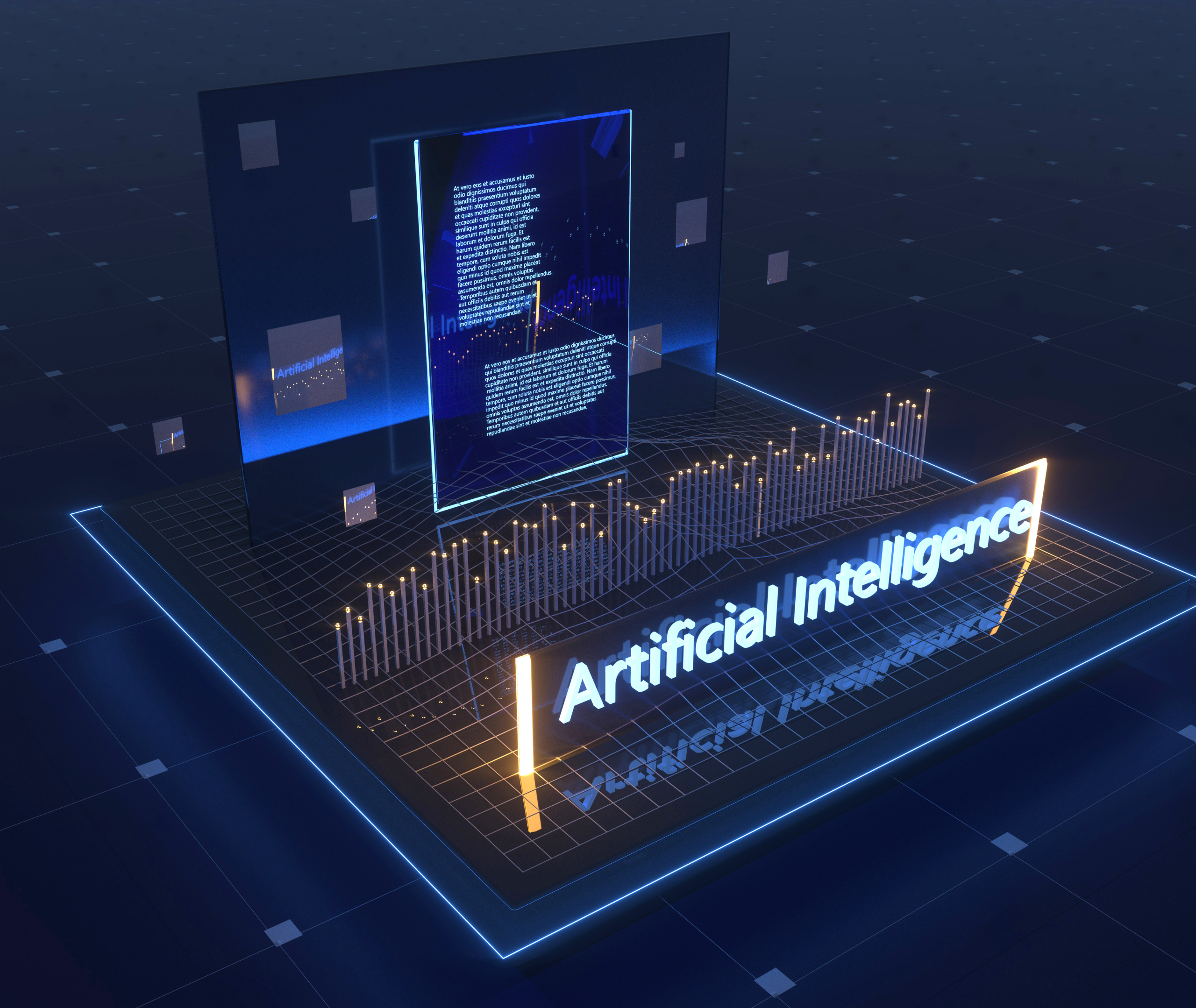Ethical AI and Disability Employment
Navigating Bias, Privacy, and the Importance of Lived Experience.

Artificial intelligence (AI) is rapidly changing the world around us, and the employment landscape is no exception. While AI offers the promise of more inclusive workplaces for people with disability, it’s crucial to approach this technology with a critical eye and acknowledge its limitations, especially when considering the ethical considerations of AI in disability employment. This field is nuanced and human-centric, requiring careful and responsible implementation. At Get Skilled Access (GSA), we believe that while AI can be a tool in the broader strategy, it must be used ethically, with the understanding that it can never fully replace the human element and the value of lived experience.
Navigating the Ethical Minefield: Bias, Privacy, and the Human Element
The potential of AI to improve disability employment is undeniable, but before we get swept up in the hype, it’s crucial to address the ethical considerations:
Bias and Discrimination: AI systems learn from data. If that data reflects existing societal biases, the AI can perpetuate and even amplify those biases. This can lead to discriminatory outcomes, such as AI tools that unfairly screen out candidates with disability or recommend lower-paying jobs. To mitigate this risk, it’s crucial to use diverse and representative datasets and to continuously monitor AI systems for bias. Even seemingly neutral algorithms can inadvertently discriminate, highlighting the need for constant vigilance and human oversight. The Australian Human Rights Commission emphasises the importance of addressing bias in AI in their report on Human Rights and Technology.
Data Privacy Concerns: AI systems often collect and analyse large amounts of personal data, raising concerns about privacy and data security. This is particularly relevant for people with disability, who may share sensitive information about their health or support needs. It’s crucial to ensure that AI systems are compliant with privacy regulations and that individuals have control over their personal data. Transparency and informed consent are paramount when dealing with sensitive information.
The Impact on Human Support Roles: While AI can automate certain tasks and provide valuable support, it’s important to consider the impact on human support roles. Will AI replace human jobs in the disability support sector? How can we ensure that AI complements, rather than replaces, human interaction and support? It’s crucial to find the right balance between technology and human connection, ensuring that people with disability continue to receive the personalised support they need. The human touch, empathy, and understanding are irreplaceable aspects of disability support. Research by the World Intellectual Property Organization (WIPO) explores the impact of AI on the workforce and emphasises the need for human-centered AI development.
At GSA, we recognise the importance of ethical AI development and implementation. We are committed to using AI responsibly to enhance our services and create more inclusive employment opportunities. However, we also understand that AI is just one tool in our toolbox. Our team of experts, many of whom have lived experience of disability, provide personalised support and guidance to job seekers and employers, navigating the complexities of the workplace and advocating for individual needs.
We believe that lived experience of disability provides invaluable insight that AI simply cannot replicate.
The Potential of AI in Creating Inclusive Employment Opportunities
While acknowledging the limitations and ethical considerations, AI can offer valuable support in creating more inclusive workplaces:
AI-Powered Recruitment: AI algorithms can analyse resumes and job applications, identifying qualified candidates based on skills and experience, potentially reducing unconscious bias in the initial screening process.
Personalised Job Training: AI can provide customised training programs tailored to individual learning styles and needs. This can be particularly beneficial for people with disability who may require different approaches to learning new skills or adapting to new work environments. AI-powered platforms like Duolingo and Coursera are already personalising learning experiences, and this technology can be further adapted for workplace training.
Workplace Accommodations: AI can facilitate workplace accommodations by suggesting assistive technologies or adaptive strategies based on an individual’s specific needs. This can help create a more comfortable and accessible work environment for everyone. For instance, AI can be used to personalise workstation ergonomics, or suggest adaptive software.
Improved Communication and Collaboration: AI-powered tools can facilitate communication and collaboration for employees with disability. For example, real-time captioning and transcription services can help those with hearing impairments participate fully in meetings and discussions. Tools like Otter.ai and Google Meet’s live caption feature are already making workplaces more inclusive.
The Future of Disability Inclusion: A Collaborative and Ethical Approach
AI is here to stay, and it has the potential to revolutionise the way we work and live. However, we believe that true inclusion requires a collaborative approach that combines the power of technology with the wisdom of human experience. By working together, organisations like GSA, employers, and technology developers can harness the potential of AI while ensuring that it is used ethically and responsibly. We must remain vigilant against bias, prioritise accessibility, and always remember that technology is only one piece of the puzzle. Ultimately, it is the human connection, the understanding of lived experience, and the commitment to creating a truly inclusive society that will pave the way for a brighter future for people with disability in the Australian workforce.
We are committed to working with emerging technologies like AI to enhance our services and create more inclusive employment opportunities. However, we remain steadfast in our belief that nothing can replace the value of lived experience.
We are proud to be a leading voice for disability inclusion in Australia, and we will continue to advocate for the rights and needs of people with disability in the workplace and beyond. By combining our expertise with the potential of AI, while remaining ethically conscious, we can build a future where everyone has the opportunity to thrive.
